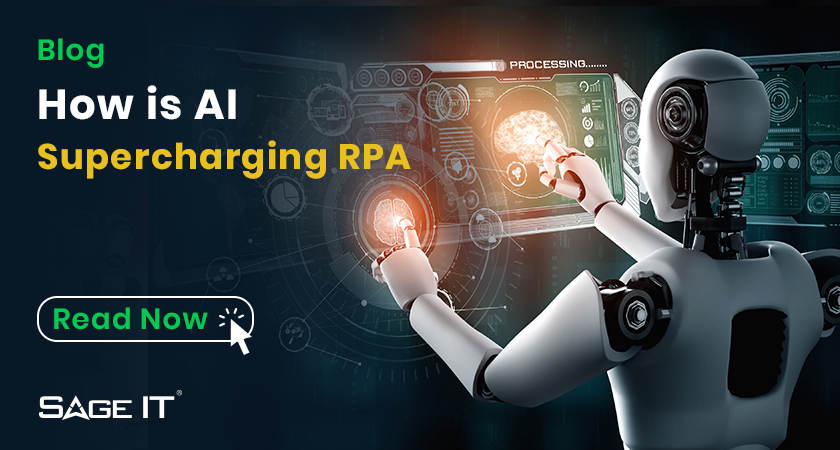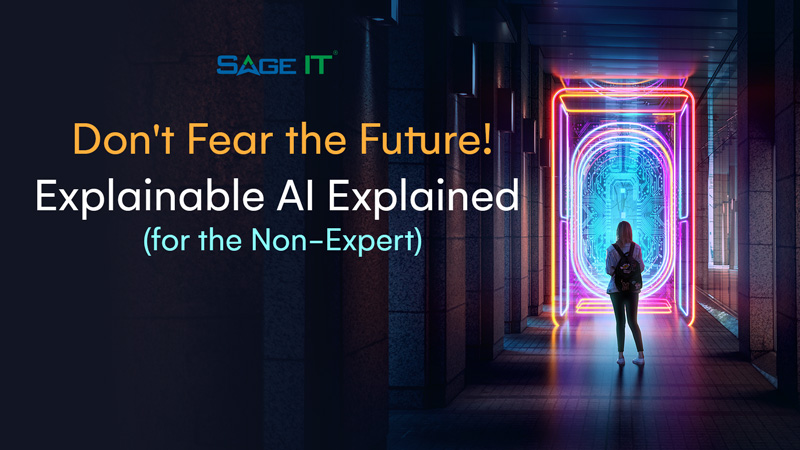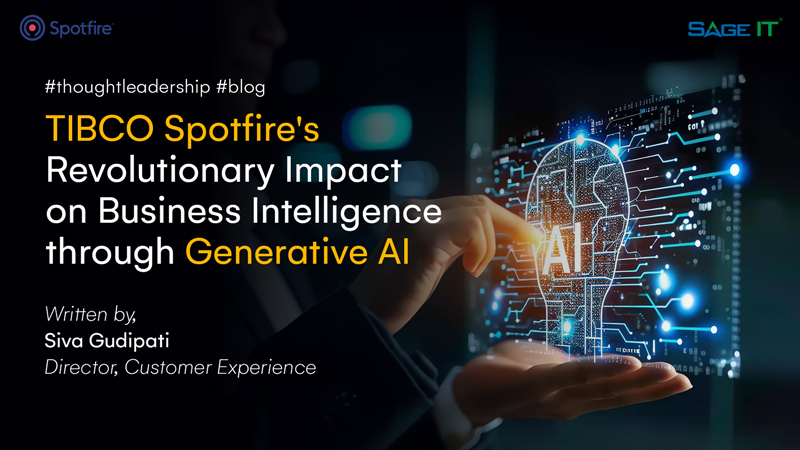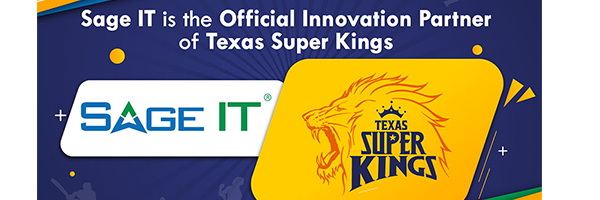
Robotic Process Automation or RPA is a technology that allows software robots to automate routine tasks that human workers would normally do. In today’s world, RPA is an industry game-changer and is perhaps the most sought-after category in tech, replacing routine jobs like data entry because of a high ROI.
The process by which RPA works is simple to understand. Since RPA uses bots or robots as software agents, a process analyst typically defines the parts of an application that it is targeted for automation. The analyst/developer then trains the bot to perform as the human operator by developing a set of rules. The application could be based on mainframe systems, web pages, Windows applications, and many more.
Its operation method allows almost anyone to configure a system to imitate the actions of a human in completing tasks. For many RPA processes, someone already programmed the system to do the needed tasks. All you have to do is implement the bot in a digital platform and it handles the business processes.
However, one consistent problem of RPA is technology scaling and optimization of the Bot’s usage. Often simple RPA can result in an excessive use of Bot’s consuming all the licenses available. For some companies it might mean they would be fully maxed with 20 – 30 robots in their organization. This is where artificial intelligence can greatly improve RPA processes. Some organizations and companies know this already and have implemented it in their process using such RPA platforms as UiPath.
“What Artificial Intelligence can do to RPA Processes”
Automation Anywhere is a leading automation company that has shown proof that AI can aid RPA systems and make them better, yielding increased ROI. An example is their IQ bot that helps the company analyze and dissect large chunks of disorganized data with Machine Learning, computer logic, and NLP. This helps them process all the data rapidly without the need for an AI expert.
Another example of this technology is their Discovery Bot, a recent addition. In its present form, it addresses so many limitations of traditional RPA for better and innovative automation. It uses data like workers’ search history and browsing behavior to identify which processes require automation in the system. This way, only the AI implementation can access this record without any human support.
After all the data collection and sorting, the bot then pushes the resulting information recommended for automation along with details of other parameters such as benefit criteria, estimated ROI, etc. These AI-enabled Bot’s are captured by the Center of Excellence for IT Automation uses this information to prioritize processes and put these systems to work.
“Intelligent Automation”
Intelligent automation is the fusion of artificial intelligence and the interactive abilities of RPA. This bridges the gap of those actions that require thinking before action, typically more complicated tasks than data sorting. Intelligent automation describes the thinking and actions of a system.
Some of these AI-enabled automation technologies include using optical character recognition to extract data in a form that a computer can use. The application of AI leads to intelligent document processing where the system can understand the type of document and process it appropriately.
An application of these systems is often used in the processing of invoices where every company has its unique format for sending out invoices to their customers. Typically, these companies will use people to read the images of the documents then input them into accounting systems. However, with intelligent automation insights, a system can read and understand the documents with intelligent document processing before using RPA for processing the results.
Other examples include automating the evaluation of purchasing history and using AI to detect patterns in buying interactions. You can use this AI-driven automation to develop better marketing campaigns and improve your ability to offer new, related goods and services that your customer would want. The advanced data gathering process that RPA can give AI systems can show better ways of optimizing your business from historical data (internally) and data from logistics and suppliers (external).
Check out how SageIT can help you improve your RPA with AI. Call +1 214-619-2030 Now!
“Using Intelligent Automation for Your Business”
Intelligent Automation can help you extract important information from several enterprises and analyze it through sophisticated algorithms. The advantage of AI in these processes is that after the analysis, the AI engine makes decisions on steps to take that would greatly improve the overall efficiency of your business.
AI on its own wouldn’t be able to do that and it needs the unique abilities of RPA to yield valuable results. If you remove RPA from the process, AI would need unique connections to database systems to extract the data it needs for evaluation as well as coding for the application programming interfaces so the decisions made by the AI can result in reliable action. This is usually a complex and challenging process similar to the way banking systems and financial services evaluate transactions to detect fraud.
Without the combination of RPA and AI, you may have to pull data manually from different accounts and supply it to the AI algorithm. After the AI evaluates the transaction patterns with the way the customer spends money and identifies a fraud, it does not do anything. Incorporating RPA as an artificial intelligence solution, on the other hand, stops the transaction, alerts a designated individual, the government, or communicates with internal examiners about the fraud depending on the situation.
An intelligent automation process with RPA and AI provides innovative solutions that take action quickly and interacts with several systems both in and outside an organization without any programming. Both systems have encouraged tremendous growth and business capabilities with AI doing the thinking part and RPA taking action from the insights gathered.
“AI For The Future”
AI is one of the most sought-after technologies today and many tech companies like Amazon, Microsoft and Google have investments in it to discover new applications. AI has helped solves many complexities in many organizations and address the technical issues human cannot solve to create a more effective process and improve business performance. AI has bolstered the digital transformation journey of many companies and still has a long way to go in facilitating development.
“Conclusion”
To better develop your workflows and use technological processes better, integrating RPA and AI will get you right on track.
There are so many other examples of different companies in several industries including healthcare and financial services using it to cut down tedious processes and focus on the core important aspects of their business.Let Sage IT help you combine your RPA processes with AI to solve your business challenges faster. Write to us today on [email protected]










